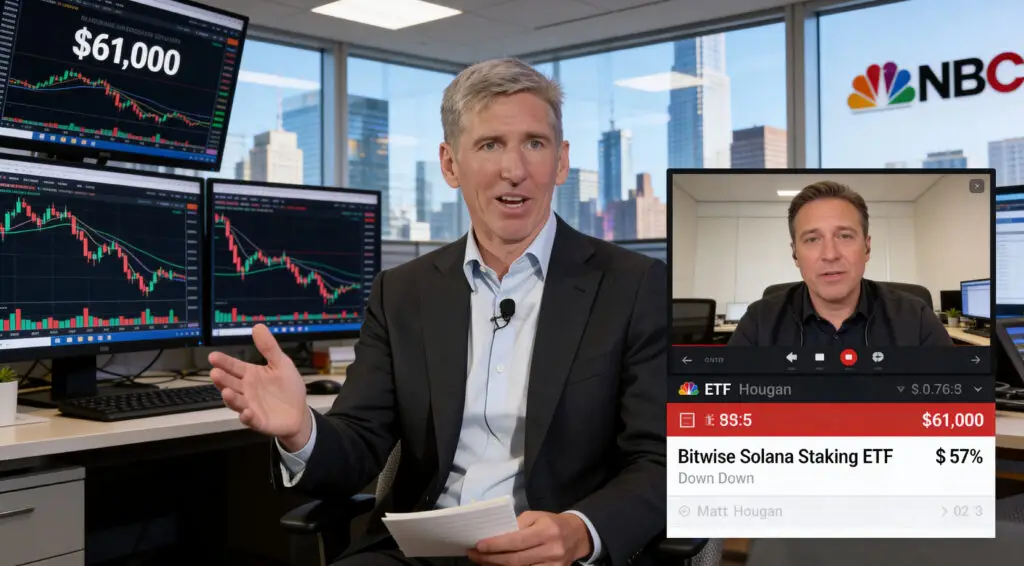A new era in agriculture is emerging as solar-powered, AI-infused robots are being deployed to tackle persistent challenges faced by farms across the United States. These autonomous machines, such as Aigen’s “Element”, are designed to meticulously comb fields, precisely plucking out weeds. This innovative solution addresses the critical shortage of agricultural laborers and the growing resistance of weeds to traditional herbicides, offering farmers a cost-effective, environmentally friendly alternative that aims to keep harmful chemicals out of our food supply.
Aigen’s Vision for Healthier Farming
Richard Wurden, co-founder and chief technology officer of Aigen, a mechanical engineer who previously spent five years at Tesla, was inspired to develop the robot after learning about the costly and labor-intensive problem of weeding from his farming relatives. He firmly believes this technology represents the most significant step towards improving human health, stating, “Everybody’s eating food sprayed with chemicals.” Kenny Lee, Aigen’s co-founder and chief executive, whose background is in software, added that farmers typically resort to chemicals due to a lack of viable alternatives, emphasizing, “We’re trying to create an alternative.”
Element: Mimicking Human Labor with AI
Aigen’s Element robot is designed to resemble a large, wheeled table topped with solar panels. Equipped with metal arms and small blades, it precisely hoes between crop plants, effectively mimicking human weeding techniques. Kenny Lee explained that the robot’s operation is entirely solar-powered: “When the sun goes down, it just powers down and goes to sleep; then in the morning it comes back up and starts going again.” The robot’s on-board AI system processes data from integrated cameras, enabling it to accurately follow crop rows and distinguish weeds from crops, ensuring precise and non-damaging removal.
Upskilling Farm Workers and Remote Monitoring
Richard Wurden highlights the arduous nature of manual weeding, suggesting, “If you think this is a job that we want humans doing, just spend two hours in the field weeding.” Aigen envisions a future where farm workers, traditionally engaged in such strenuous tasks, are “upskilled” to roles involving the monitoring and troubleshooting of these robots. The autonomous units communicate wirelessly with small control centers, providing real-time updates and notifying handlers of any operational mishaps, thereby transforming agricultural labor into a more technologically advanced and less physically demanding profession.
Current Deployments and Economic Scale
Aigen’s robots are currently operational in a variety of agricultural settings, including tomato, cotton, and sugar beet fields, consistently demonstrating their ability to weed effectively without causing damage to the crops. Kenny Lee estimates that approximately five Element robots are capable of weeding a 160-acre (65-hectare) farm. The robots, developed by the 25-person startup based in Redmond, outside Seattle, are priced at $50,000 each, presenting a significant upfront investment but promising long-term savings through reduced chemical use and labor costs.
Appealing to Conservative Farmers with Sustainable Tech
The company is strategically focused on gaining acceptance from politically conservative farmers by offering a climate-friendly solution that also provides economic benefits. By relying on solar power instead of costly diesel fuel that powers traditional heavy machinery, Aigen’s technology offers a compelling environmental and financial advantage. Kenny Lee noted, “Climate, the word, has become politicized but when you get really down to brass tacks farmers care about their land,” indicating that the practical benefits of sustainability resonate deeply within the agricultural community.
AWS Partnership and Future Industry Leadership
Aigen’s innovative technology has garnered significant attention, notably from Amazon Web Services (AWS), the cloud computing division of the e-commerce giant. Aigen was selected for AWS’s “Compute for Climate” fellowship program, which provides essential AI tools, data center power, and technical assistance to startups dedicated to solving environmental challenges. Lisbeth Kaufman, AWS head of climate tech startups business development, expressed strong confidence in Aigen’s future, stating, “Aigen is going to be one of the industry giants in the future. I think about Ford and the Model T, or Edison and the light bulb, that’s Kenny and Rich and Aigen.”















